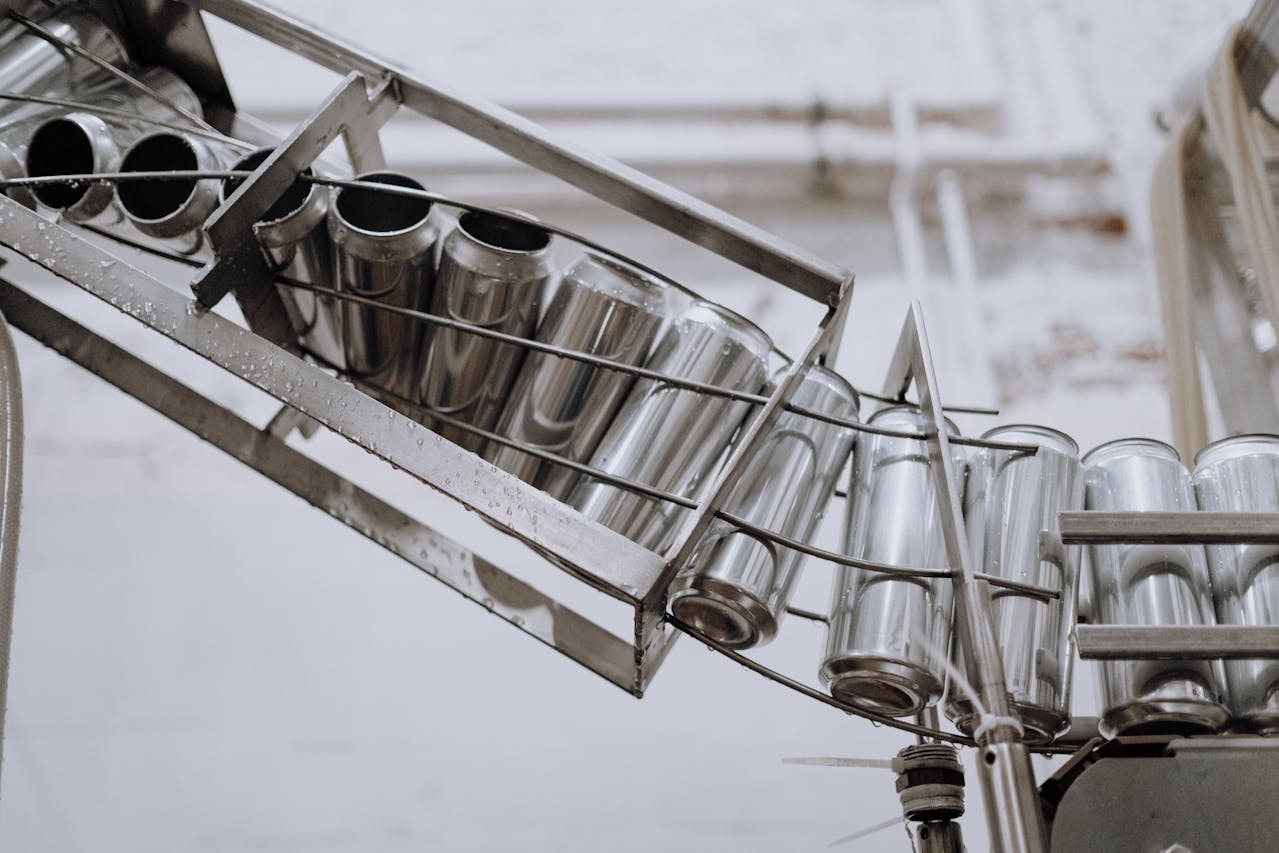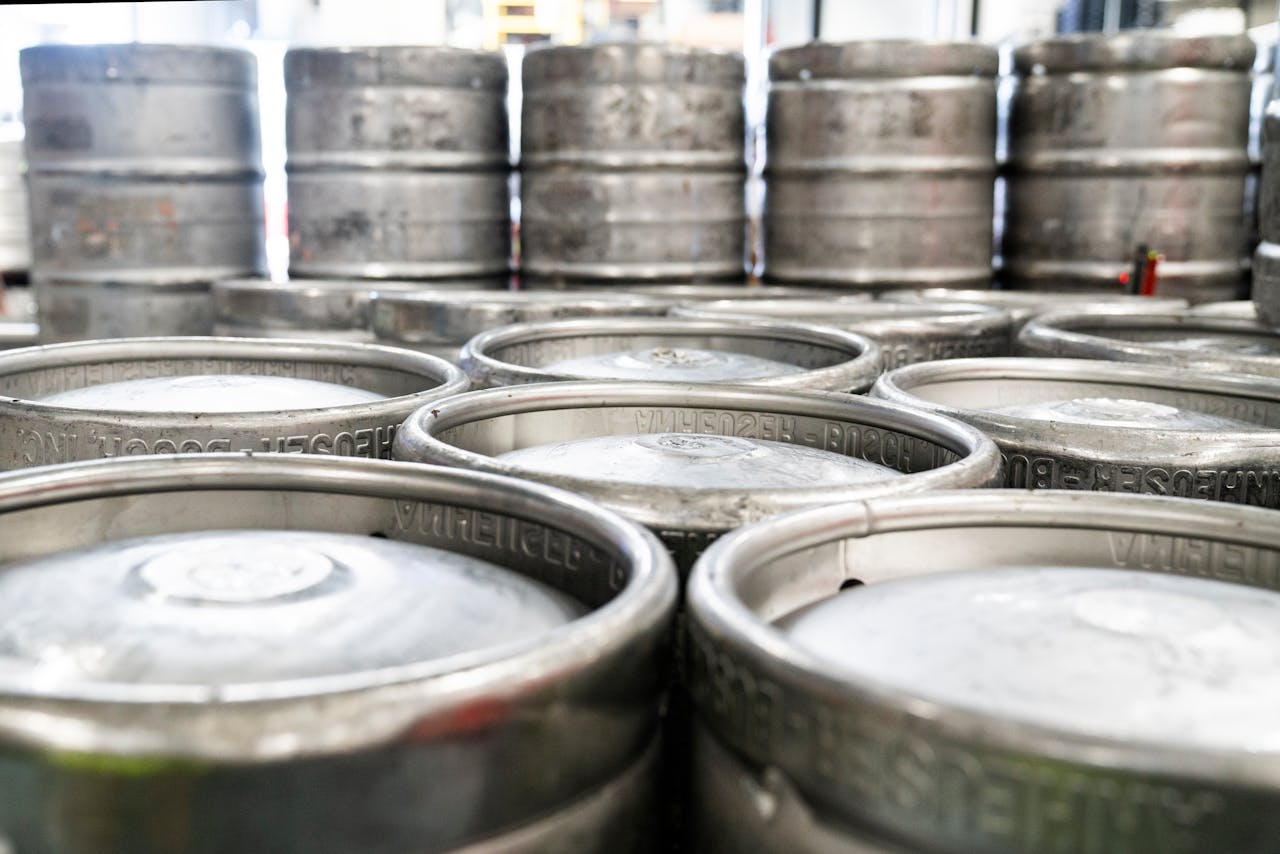Why is it time to give a ‘scrap’!
March 9, 2021

India is the second-largest producer of steel and stainless steel in the world. As a critical sector contributing to India’s GDP, the steel industry is integral to the growth of the economy. A lower per capita consumption of stainless steel in India (~2.5 kgs), compared to the global average (~6 kgs) ensures an endless scope for the growth of the stainless steel industry and places India among the highest potential markets in the world. Steadily increasing domestic demand from infrastructure, automobiles, railways, process industry, and white goods sector supports growing consumption of stainless steel in India, which stood at 3.9 MT in CY 2019.
In India, stainless steel is majorly produced via the Electric Arc Furnace route. As the demand for stainless steel is projected to grow by 5-6% over the next few years, there will be a commensurate rise in demand for scrap. Due to unavailability of scrap locally, the domestic industry primarily fulfills its scrap requirement from imported ferrous and non-ferrous metal scrap. Plans to add capacity in the industry will generate even more demand for scrap in the coming years.
When it comes to production capability, the domestic industry is fully capable of meeting growing demand of stainless steel from new age and traditional applications alike. However, lack of indigenous scrap still remains a challenge. Nearly 90% of shredded scrap is imported due to the absence of shredding facilities in India. Mild Steel Shredded Scrap (ISRI 211) grade, which is one among the major ferrous variants, is also unavailable in India. Scrap is majorly imported from the UK, Australia, Malaysia, New Zealand, the US, and a few other European countries.
Importing scrap has several disadvantages for the domestic industry. It requires higher working capital, high inventory levels, increased lead time, and is less agile in terms of supply to meet the fluctuating domestic demand. To reduce high dependency on imports, Jindal Stainless has been making consistent efforts for strengthening domestic sourcing since 2017. We’ve formed associations with domestic scrap traders and we’re strategically sourcing ferrous scrap from them. Further, we are trying to utilize ferrous variants available domestically in maximum quantity. Most of these sources have proven to be consistent. As a result, we’re now sourcing ~65% of our ferrous scrap requirement from domestic scrap traders, and we intend to increase this to ~75% in the next 2-3 years. Prior to this, Jindal Stainless imported over 75% of its ferrous scrap. This paradigm shift has helped us in reducing working capital, inventory levels and lead time. Moreover, our business associations with domestic traders have also addressed the issue of resolving demand fluctuation in a short time.
That said, there is still a lack of an organized scrap recovery mechanism in India. Sustained implementation of regulations on waste collection and recycling remain lacking in absence of critical links. We need a supportive ecosystem to encourage the setting up of more shredders, so that the country generates more mild steel scrap. The domestic industry acknowledges the introduction of Steel Scrapping Policy by the Indian government, as it is likely to encourage shredding in the country. These shredders require old car scrap as a feed, whose continuous supply can only be ensured with End-of-Life Vehicles (ELV) policy. Therefore, the existing steel scrap policy must be integrated with the ELV policy, which is likely to be announced soon. Jindal Stainless is hopeful that with a successful implementation of these policies, ~80% of its requirement would be met from domestic sources.
The recent announcement by the Indian government to abolish import duty on sourcing scrap is a welcome step. It is likely to make the domestic market more competitive. Additionally, the National Material Recycling policy is yet to be formalized. The Company hopes that this policy will help make the scrap sector more organized by focusing on generating more material domestically and lowering import dependency. This will lead to a lesser drain on forex. It is also expected to bring consistency in scrap supply in the market. Moreover, it will unlock the economic output from Circular Economy initiatives and lead to better utilization of resources. The ELV policy should also be prepared in sync with the Recycling policy as it will enhance scrap availability in the domestic market.






